University of California San Francisco
Give to UCSF-
-
Why Wait Times in the Emergency Room Are So Long in California
In the wake of long wait times and overcrowding in California emergency departments, emergency visits grew by 23% while the number of emergency departemtns and hospital beds declined.
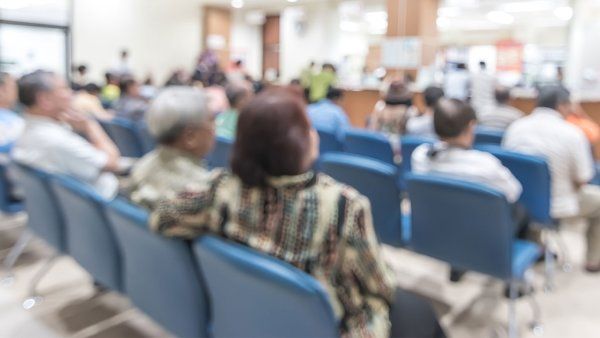
-
UCSF Internal Medicine Specialist to be Celebrated for Diabetes Epidemiology Research
UCSF primary care physician and researcher Alka M. Kanaya, MD, is being recognized with the 2023 Kelly West Award for Outstanding Achievement in Epidemiology from the American Diabetes Association (ADA).

-
California Statewide Study Investigates Causes and Impacts of Homelessness
UCSF Benioff Homelessness and Housing Initiative has released the largest study of homelessness in the United States since the mid-1990s, providing a thorough look at the causes, consequences, and potential policy changes of homelessness in California.
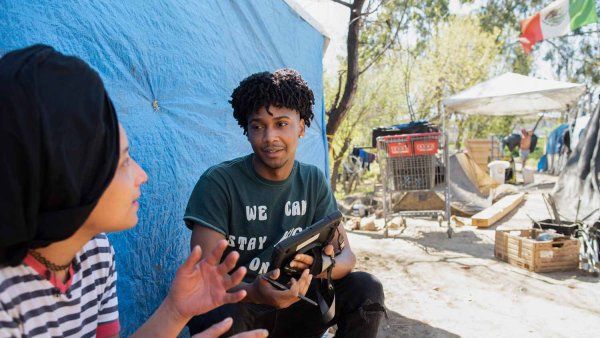
-
What’s New in the Search for a Long COVID Cure?
UCSF infectious disease specialist Michael Peluso, MD, who co-leads one of the world’s oldest studies of long COVID, discusses the condition’s mysteries.
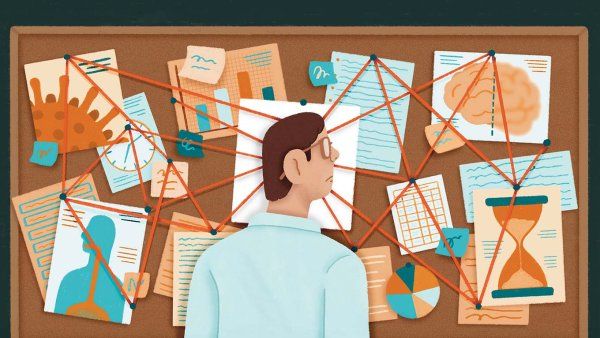
-
Calling All Scientists to Fight the Next Pandemic
UCSF’s Nevan Krogan, PhD, is taking aim at the world’s deadliest diseases by uniting scientists and the biomedical industry to speed treatments.
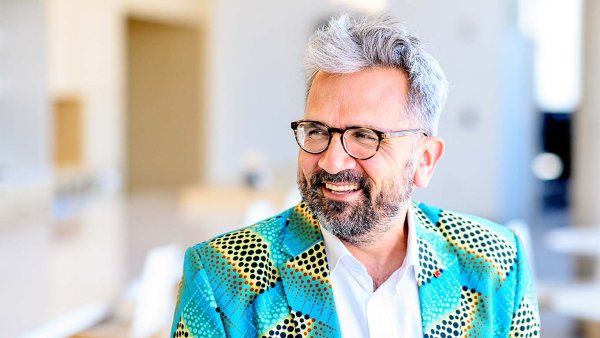
-
You’ll Soon Be Able to Get a Blood Test for Alzheimer’s. Will You Want One?
The advent of cheap, easy-to-use blood tests for Alzheimer’s disease has the potential to revolutionize diagnosis and treatment. But they also raise difficult questions that the field is only beginning to consider.
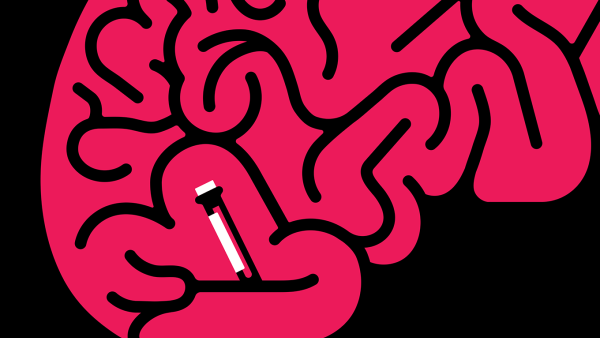
-
The Cancer Breakthrough Boom
Engineered immune cells. Supercharged scans. Drug implants. Gene manipulators. Blood biopsies. Read how these breakthroughs are transforming cancer care.
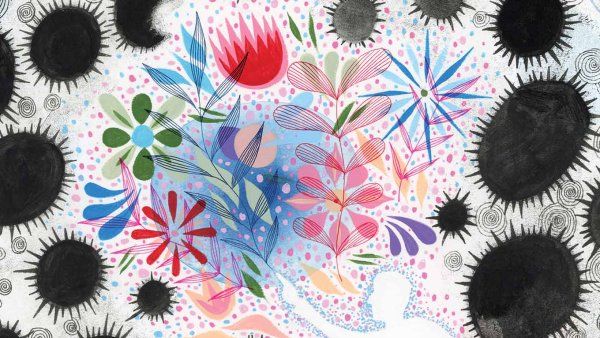
-
Can Neuroscience Help Stem the Tide of Teen Depression?
A new treatment approach draws on research into the unique teenage brain.
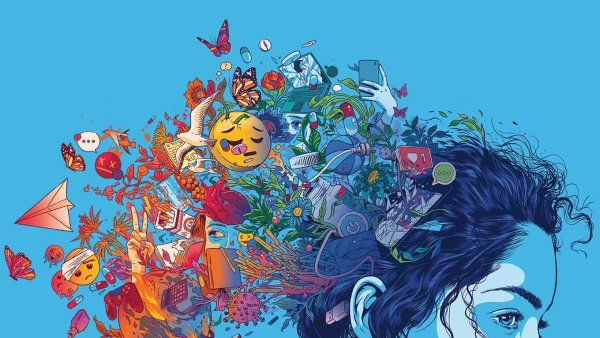
-
Super-Engineered Vaccines Created to Help End Polio
-
COVID-19 Lessons Learned: ‘Why Aren’t We Working on All Diseases Like This?’
Quantitative Biosciences Institute’s Nevan Krogan reflects back on the COVID-19 pandemic and how internal and external communications, funding and international partnerships all contributed to a speedy COVID-19 response.
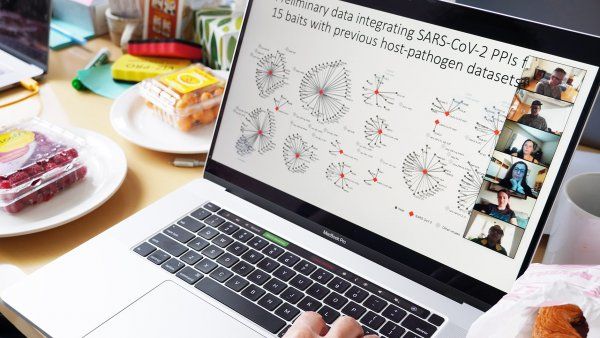
-
Two UCSF Researchers Win Pew Awards for Biomedical Science
Two UCSF scientists – James Gardner, MD, PhD, and Rebeca de Pavia Fróes Rocha, PhD – have received Pew awards for their work in immunology as part of a program that supports promising early-career investigators.
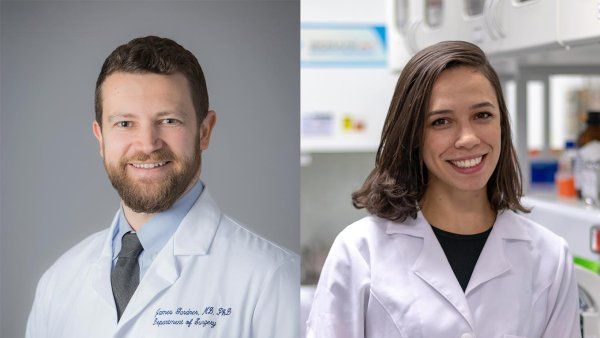
-
Two New Vaccines Join the Fight to Eradicate Polio
Two new oral polio vaccines will help limit the amount of new polio strains and outbreaks by genetically engineering weakened polio virus in the oral vaccine to reduce reversion to dangerous forms.
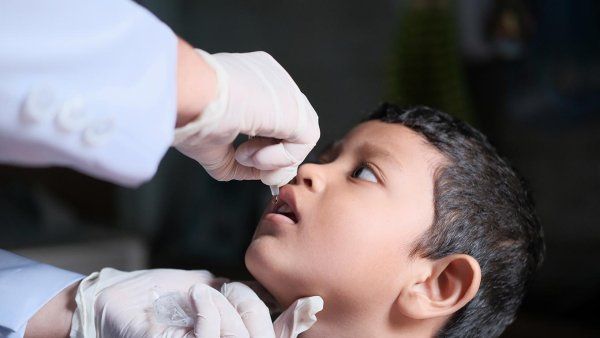
-
Can this Medication Reverse MS? Brain Biomarker Shows It Can
UCSF researchers developed an approach to measure an over-the-counter allergy medication’s effectiveness in repairing brain damage from multiple sclerosis (MS), making it possible to also assess future therapies for the disorder.
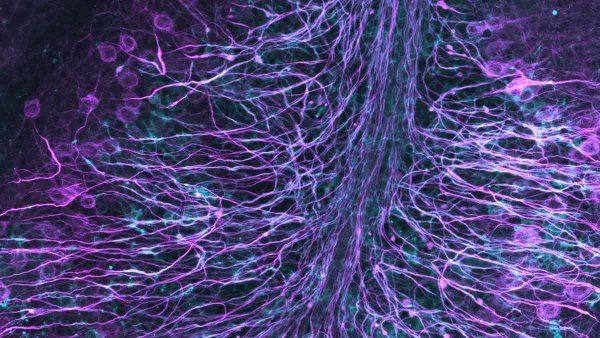
-
Communities with Unmet Needs Benefit Most from New PCI Heart Hospitals
A new study shows that percutaneous coronary intervention can improve patient outcomes in communities with unmet needs.

-
Scaling up the Bioartificial Kidney at UCSF
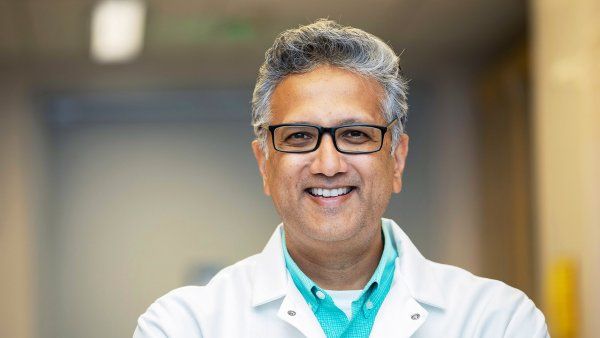
-
Breast Density and BMI Both Play a Role in Breast Cancer Risk
Laws in many states require notifying women if they have dense breasts, a risk factor for breast cancer. But density shouldn’t be the only factor in determining whether supplemental screening is
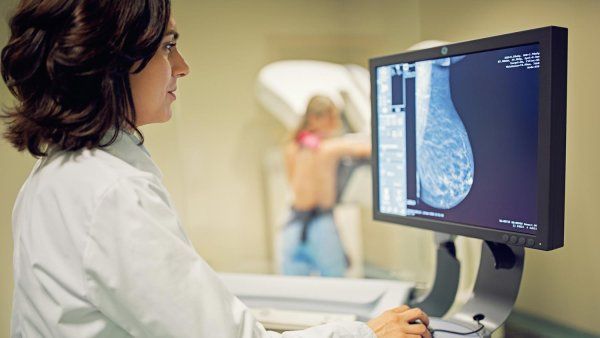
-
Why Wildfire Smoke Might Lead to Headaches
-
Doctors Test Chest Pain Medication to Treat Hot Flashes
UCSF researchers tested nitroglycerin patches, an treatment for chest pain from coronary artery disease, for menopausal hot flashes. Short-term benefits were seen, but not long-term as some side effects occurred.

-
UCSF Health Cancer Experts Featured at Premier Cancer Meeting
Oncology specialists from around the globe will gather for the American Society of Clinical Oncology (ASCO) Annual Meeting to discuss the latest cancer therapies, technologies, research and education.

-
Companies Knew the Dangers of PFAS ‘Forever Chemicals’ – and Kept Them Secret
-
Personalizing Prostate Cancer Screening May Improve Accuracy of Detection
Taking into account genetic factors that can change PSA levels not associated with cancer, the screening accuracy can be improved.

-
Makers of PFAS ‘Forever Chemicals’ Covered up the Dangers
UCSF’s analysis of previously secret industry documents reveals that the chemical industry suppressed knowledge of health harms caused by PFAS exposure, mirroring tactics used by the tobacco industry and highlighting the need for stricter regulation and precautionary principles in chemical regulation.

-
Beating Seizures by Jamming the Cellular Circuitry
UCSF researchers discover how gabapentin interacts with calcium channels, opening doors for more effective treatments in epilepsy and Lupus by influencing channel biogenesis.
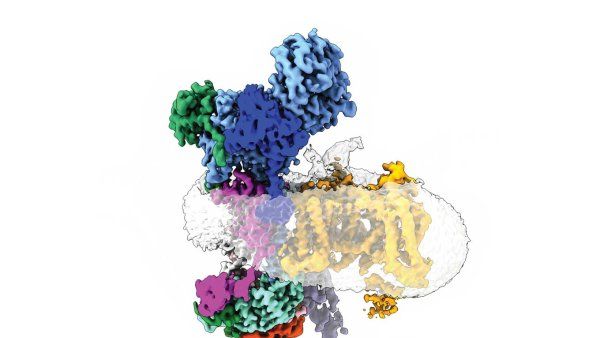
-
Can Hydrocortisone Improve Patient Outcomes from Septic Shock?
In sepsis cases, hydrocortisone is found to decrease the need for blood pressure-raising drugs and improves survival when used in combination with other corticosteroids.

-
Is Heart Rate Behind Exercise Difficulty in Long Covid Patients?
While some patients recover from the effects of COVID-19, others experience the aftereffects long after the initial infection. UC San Francisco researchers are studying why some COVID-19 patients

-
In the Brain, Scientists Find New Clues to Treating Chronic Pain
-
Has Science Cracked the Code on Chronic Pain?
In a first, researchers have identified chronic pain pathways in individuals directly from their neural activity, showing promising paths forward for treatment.
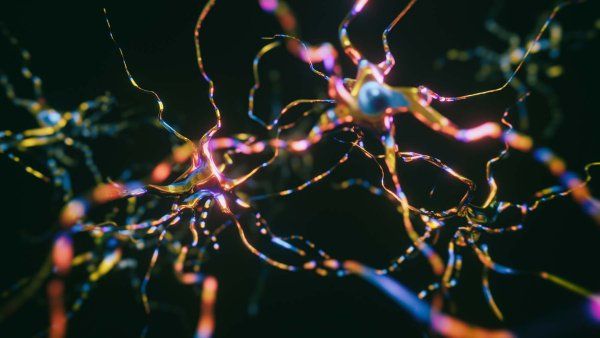
-
How COVID Stay-At-Home Orders Helped Breastfeeding Mothers and Babies
-
Breastfeeding Increased by 2 Weeks When Mothers Stayed Home
Breastfeeding duration increased for U.S. women who were able to work from home during COVID, suggesting that a lack of paid family leave policies is a barrier to longer breastfeeding in the US.
